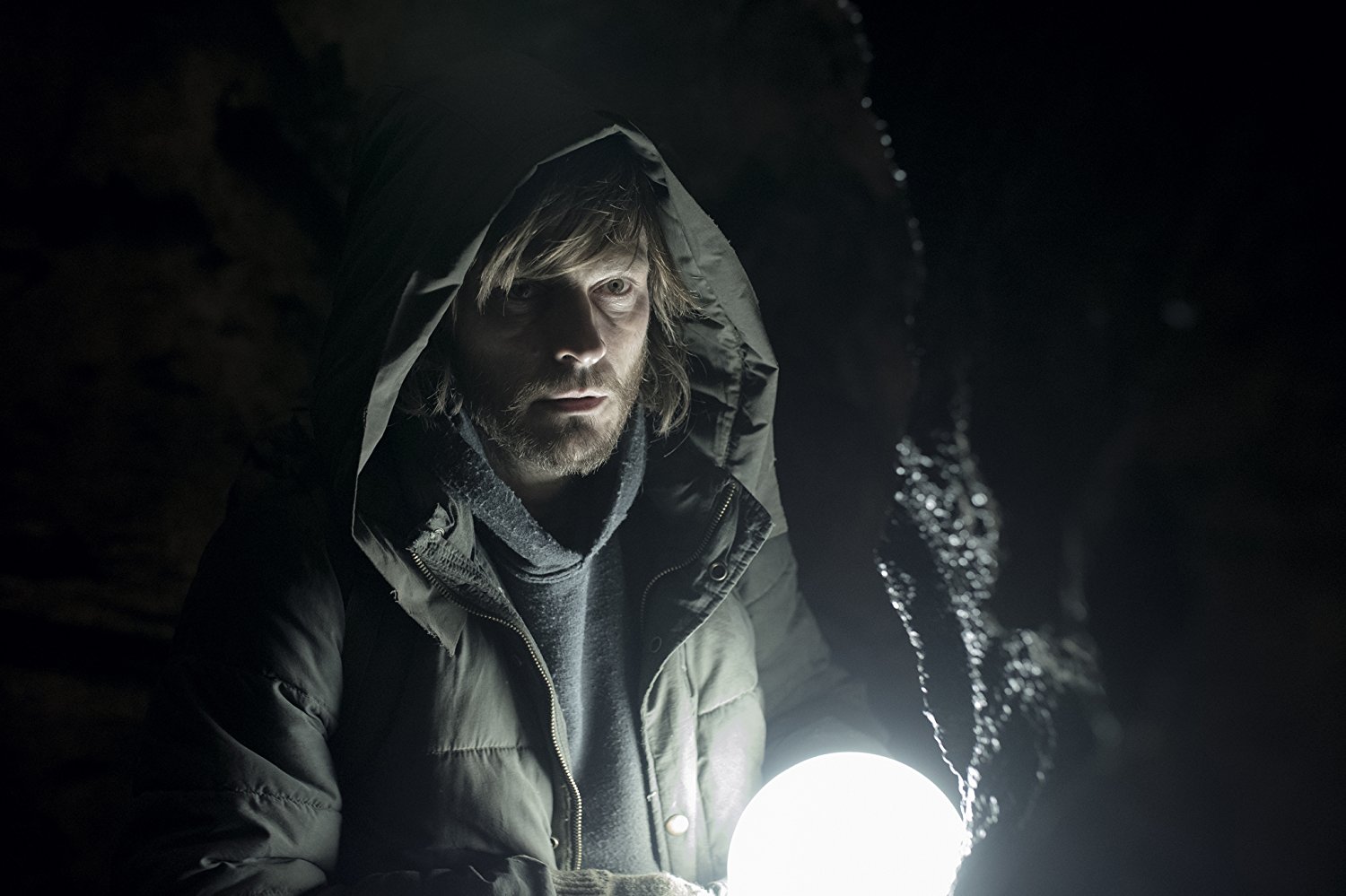

Apesar disso, a série mantém um tom dramático sombrio, que é habilmente trabalhado em conjunto com a trilha sonora, transmitindo aos espectadores uma sensação de angústia constante. Contudo, na terceira temporada, a série perde parte de suas principais características e deixa de inovar, tornando-se repetitiva e previsível. Dark is too in love with chaos to offer anything profound on any of those subjects, but its makers won’t be regretting what they didn’t do, because they did everything that was possible and a fair few things that weren’t.Esta obra de ficção científica aborda viagens no tempo e apresenta uma trama intrigante e envolvente nas suas duas primeiras temporadas. What does it all add up to? The themes are destiny, death and man’s tendency to mourn paths not taken. Near the end of the season, when Dark’s loosely enforced restrictions on its own timelines are junked, the only response is to laugh and enjoy the fireworks. You will, for instance, have to travel a long way forwards in time before you see anything as absurdly chilling as a three-person death squad who are the boy, man and grandpa forms of the same guy the plotline where two characters murder each other but both survive is surely a television first. What that means, though, is that Dark is distilled to its essence, which is a mix of epic philosophical arguments and sad vignettes about loss and betrayal, all wrapped up in anything-goes sci-fi and gorgeous production design that delivers ice-cool ideas and imagery. It’s here where a show that’s always delighted in complexity finally explodes. The hopping between decades, including to the 2050s and as far back as the 1880s, accelerates. Before long, any prospect of exploring the nuances of the mirror world has evaporated, as the alternate Windenians engage in the show’s central battle between those who believe Armageddon is avoidable, and those who think vaporising the neighbourhood one more time is the only way out of a purgatorial time loop.Īs well as the standard Dark stuff where separate characters turn out to be the same person at various ages (teen dramas routinely feature young adults who fear what they might become in middle and old age – in Dark, the kids have the luxury of telling their future selves how lame they are to their faces), it’s possible for people to talk to and kill their doppelgangers from another reality.

What has not changed is that Winden is still heading for meltdown. Most distressingly, nobody recognises teen protagonist Jonas (Louis Hofmann), because he never existed here, which makes him even more of an outsider than he was already. There’s a whole new matrix of grief and intrigue. A character who was alive in the other world has just died in this one. The town therapist has become, ho ho, a priest. The bad dad who was boffing one of his kids’ friends’ mums is still an adulterer, but is at it with a different woman. Dark resets to the start of the whole series, when it seemed to be merely a drama about a community blighted by secrets, lies and the disappearance of a child. That other realm is where we land now and, for a while, all is relatively calm. Season two’s closing scene revealed that they can also access an alternate universe. To recap the first two seasons: the townsfolk of Winden, an obscure place in the shadow of a nuclear power station, have harnessed the potential of radioactive materials to travel through time, the downside being that however much they go back to the past to alter the present, they always end up destroying themselves in an atomic explosion.


 0 kommentar(er)
0 kommentar(er)
